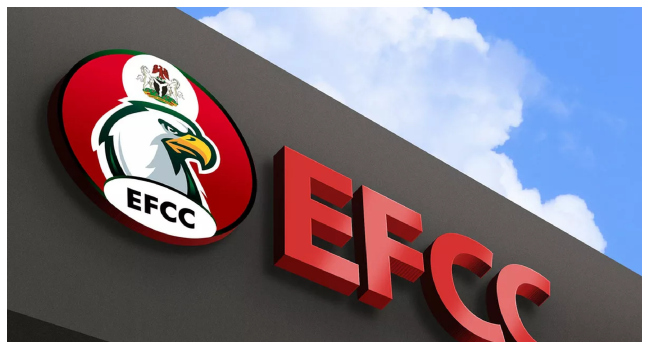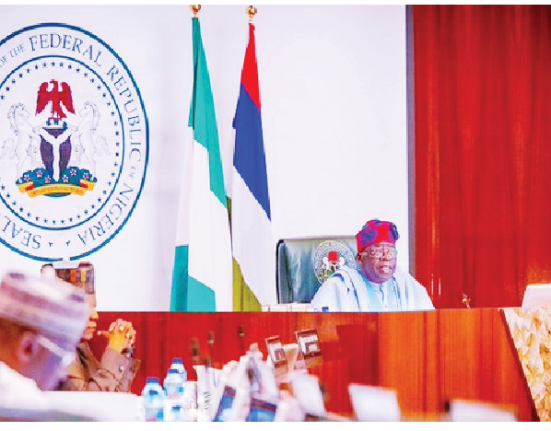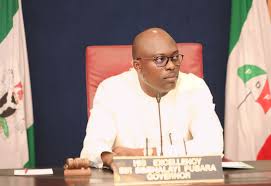ABUJA — The Economic and Financial Crimes Commission (EFCC) has begun presenting witnesses in the ongoing prosecution of a former Deputy Director in the Federal Ministry of Works and Housing (FMWH), who is standing trial over an alleged diversion of public funds amounting to ₦1.9 billion.
At the resumed hearing at the Federal High Court in Abuja, the EFCC called its first set of witnesses, who provided key testimony linking the former senior civil servant to suspicious financial transactions and fraudulent contract awards during his time in office.
The defendant, whose name has been withheld pending the conclusion of trial, is being prosecuted on multiple counts bordering on criminal breach of trust, conspiracy, and money laundering. The anti-graft agency alleges that the accused used a network of shell companies and proxy accounts to siphon funds meant for infrastructure projects across several states.
According to the EFCC’s lead counsel, the transactions were traced to accounts controlled by the defendant and his associates, with no verifiable evidence of project execution to justify the disbursed sums. The prosecution maintains that due process was deliberately ignored and that most of the contracts were inflated or ghost projects altogether.
The case is part of a broader sweep by the EFCC targeting endemic corruption in Nigeria’s public procurement and project implementation space, particularly within federal ministries and agencies.
One of the witnesses, a senior accountant from the Budget Office, testified that several memos signed by the defendant bore irregularities and that due diligence protocols were bypassed in the disbursement process. Another witness from a commercial bank confirmed that large sums of money were moved into private accounts shortly after official project funds were released.
EFCC Chairman, Mr. Ola Olukoyede, has reiterated the Commission’s zero-tolerance stance on public sector fraud, stressing that no official — past or present — would be shielded from investigation and prosecution if found complicit in financial misconduct.
“This case reflects the EFCC’s commitment to ensuring that every kobo stolen from Nigeria’s coffers is accounted for. We will continue to pursue justice regardless of the rank or status of the accused,” Olukoyede said recently in a public statement.
The presiding judge adjourned the matter to a later date for the continuation of trial, directing the prosecution to present additional documents and testimonies at the next hearing.
The trial continues to draw public attention, as Nigerians remain keenly interested in efforts to hold public officials accountable amid worsening economic conditions and increasing demands for transparency in governance.







